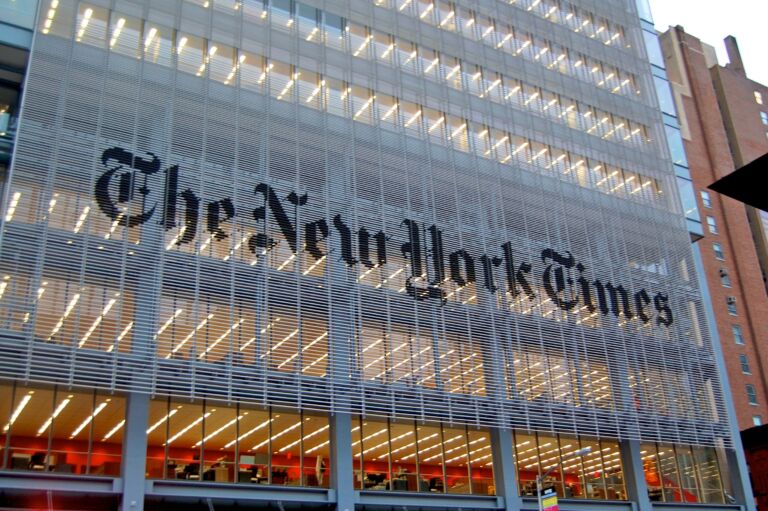Elle Purnell writes for the Federalist about a good example of mainstream media malfeasance.
The Washington Post admitted Monday that “Russian trolls on Twitter had little influence on 2016 voters” — years after the Post and other corporate media water-carriers pushed the false story that former President Donald Trump’s election was illegitimate, due in part to Russian interference via bots on Twitter targeting U.S. social media users. The admission cites a New York University study that found “there was no relationship between exposure to the Russian foreign influence campaign and changes in attitudes, polarization, or voting behavior.”
Media treatment of the non-story followed a predictable, three-step process that’s become the propaganda press’s MO: Spread a false claim, control the narrative while crushing dissent with bogus “fact checks,” and then admit the truth only after the news cycle has achieved its intended purpose.
In 2016, then-Clinton campaign manager Robby Mook launched the conspiracy theory that then-candidate Trump was in cahoots with Russia and colluding together to steal the 2016 election. One dossier full of bunk allegations commissioned by the Clinton campaign later, the entire media establishment, in tandem with a politicized intelligence community, was running with the Russia collusion hoax.
One of the many conspiracy theories thrown at the wall was that Russia was influencing U.S. voters via social media, including through armies of “bot” accounts. … U.S. intelligence agencies propelled that claim with an “intelligence community assessment” on Jan. 6, 2017, “signed off publicly by the FBI, National Security Agency, and CIA concluding that Trump’s election was boosted by Russian social media content farms.”
Regime media ran with it the same narrative before and after that assessment that turned out to be false. …
… The “Twitter Files” revealed just weeks ago that media pressure on this story, combined with threats from elected Democrats, were successful in getting Twitter to obey U.S. intelligence agency requests for information suppression, even though Twitter executives couldn’t find any evidence of coordinated Russian disinformation campaigns on their platform.


